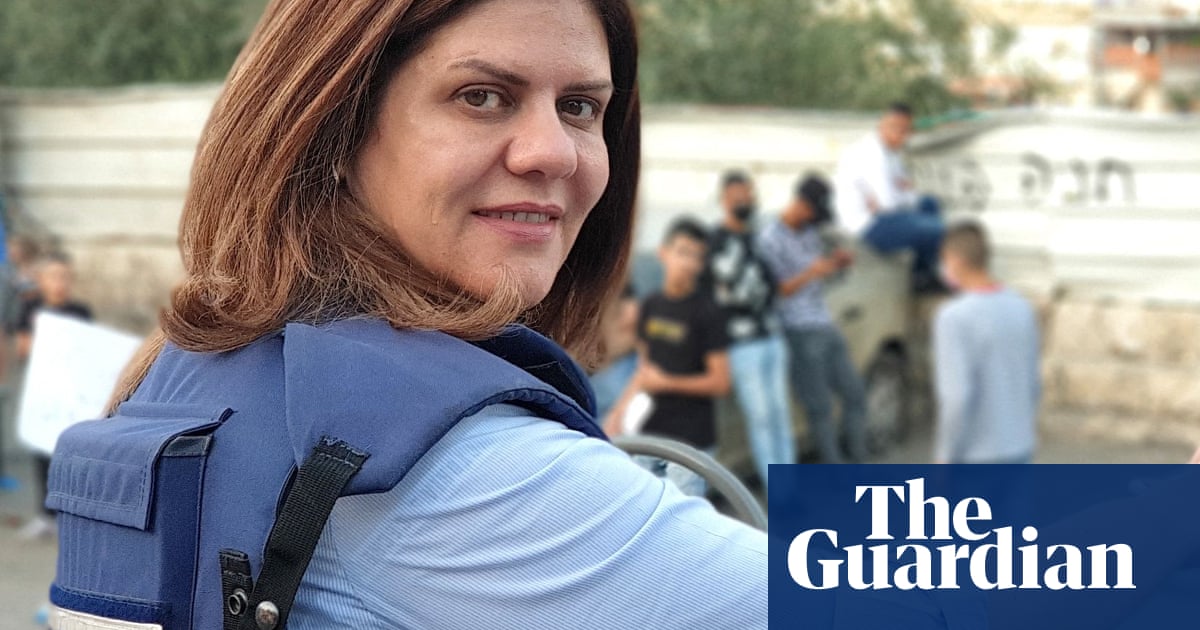A new US-made documentary has produced evidence pointing to the identity of an Israeli soldier who shot dead the Palestinian-American journalistShireen Abu Aklehin 2022.
The documentary, Who Killed Shireen?, concludes that a member of the Duvdevan Israeli special forces unit shot Abu Akleh while she was reporting for Al Jazeera in Jenin, on theWest Bank.
The Israeli government, led by Naftali Bennett at the time, initially tried to cast blame on Palestinian militants for her death, but after a few monthsadmitted that Israeli troops were probably responsible.
However, the Israelis never identified the unit or individual responsible, nor did they allow the Biden administration access to them.
Thedocumentary, made by the Zeteo media organisation, sets out not only to identify the soldier responsible for the journalist’s death, but also to show the failure of the US government to hold the Israeli military to account.
An unnamed Biden administration official said a US team that investigated the incident came to the conclusion that an Israeli soldier intentionally shot Abu Akleh and should have been able to see that she was a journalist.
“The evidence as it stands, based upon the proximity of the reporters in the road and the soldiers from the Duvdevan units on the street, it was an indication that it was an intentional killing ofShireen Abu Akleh,” the official told the film-makers, with his voice altered to preserve his anonymity.
“Whether or not they knew it was her or not can very well be debated, but they would have absolutely known that it was a media person or a non-combatant at a minimum”.
However, that initial assessment was rejected and the Biden administration continued to maintain publicly that they believed the killing to be unintentional.
Two Israeli soldiers identified the soldier who shot Abu Akleh as Alon Scagio. He was promoted to captain and moved to another unit after the shooting, and was killed in combat in Jenin in June 2024.
“He wasn’t happy like, hey – I killed a journalist, of course. But he wasn’t like eating himself from the inside, thinking about what have I done?” one of his comrades said in a recorded interview about the killing.
“When you [turn] the corner and you have this second to take a decision, to take a shot and you see someone who holds a camera or something like that pointing at you, you don’t need more than that to shoot the bullet,” the unnamed Israeli soldier said.
When the Biden administration called for changes to Israel’s rules of engagement to reduce the chance of journalists being killed in the future, “we got a very public brush-off”, the Democratic senator Chris Van Hollen told the film-makers.
Questions to the Scagio family were referred to the Israel Defense Forces, which said in a statement: “Zeteo has decided to publish the name of the IDF soldier who fell during an operational activity, despite the family’s request not to publish the name, and even though they were told that there is no definitive determination regarding the identity of the individual responsible for the shooting that caused the journalist’s death.”
“The IDF shares in the family’s grief and continues to support them,” the statement added, referring to the Scagio family.
